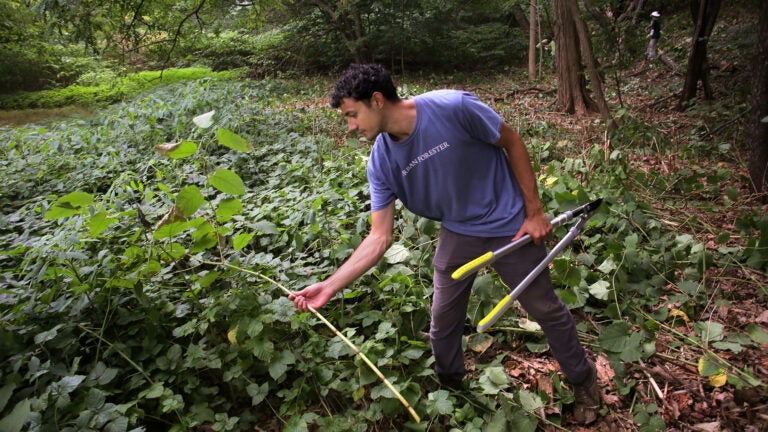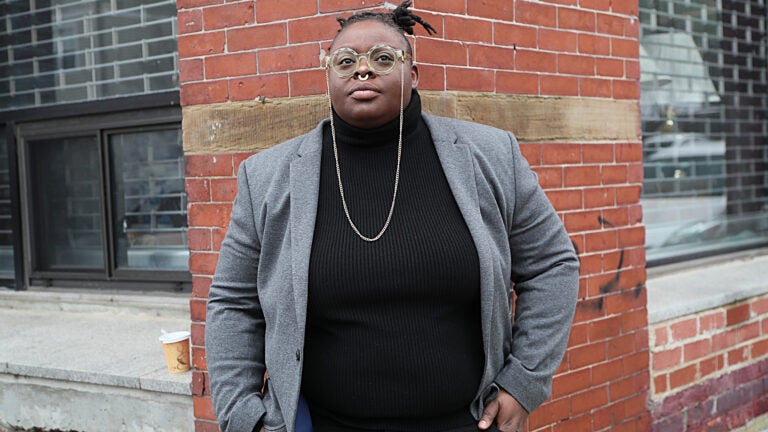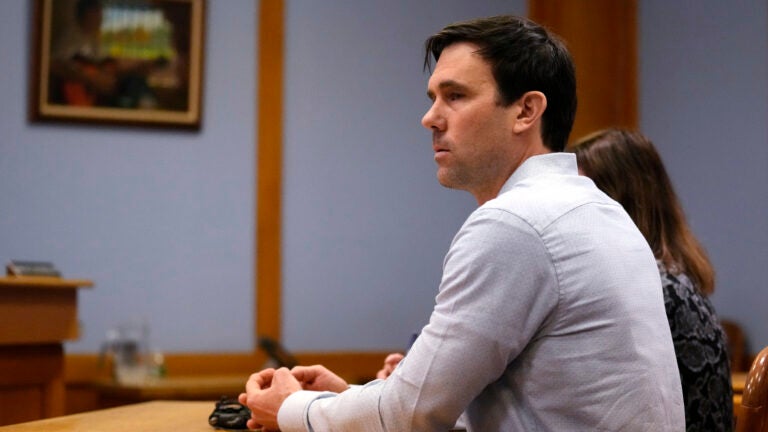Boston Helps
In March, we launched Boston Helps to solve a few of the immediate local challenges caused by the coronavirus pandemic.
Thousands of you offered to help someone who needed it or asked for a little help yourself. During the past four months, we made more than 2,000 matches across Greater Boston and received countless feedback from individuals and families.
One person who offered to help wrote:
“It allowed people to provide direct help to someone with urgent needs, quickly and efficiently. I was able to connect with a woman in need with 3 children. I feel like I could optimize my donation by providing it to her directly. She was very grateful. Thank you for organizing.”
Another who asked for assistance wrote:
“I just want to say thank you so much…The woman assigned to me [helped] me financially and…with groceries. So happy to know [there] are such beautiful people in the world that care for others in their time of need.”
Boston Helps bridged the gap for individuals in our community who were responding to an unexpected event. Several other community resources that better serve the longer-term needs of those impacted by COVID-19 have since sprung up across the state.
The Boston Helps submission forms are currently closed, but we are keeping a running list of other community resources here and below. (Please continue to send us ideas as well.)
Boston Helps launched a product line to support Boston residents most affected by the coronavirus. Shop T-shirts, masks, hoodies, and more. All profits will benefit the Boston Resiliency Fund.
Resources for volunteers and monetary donations amid COVID-19:
Boston Cares: Boston Cares, a New England volunteering organization, partners with schools, nonprofits, and government organizations, centralizing volunteer recruitment and coordinates new efforts meeting the city’s evolving needs during the pandemic.
The Boston Foundation: TBF’s COVID-19 Response Fund established by a coalition of business, government, and philanthropic partners provides one-time operating grants to non-profits serving vulnerable populations impacted by the coronavirus pandemic.
Boston Resiliency Fund: The “emerging priorities” of this fund are to provide food for children and seniors, technology for remote learning for students, and support to first responders and healthcare workers.
COVID-19 PPE Donation Program: The state established a portal for anyone seeking to donate supplies for use in Massachusetts’ response to the COVID-19 public health emergency.
United Way of Massachusetts Bay and Merrimack Valley: United Way’s COVID-19 Family Support Fund provides emergency financial assistance to help families impacted by the pandemic to meet food, childcare, and housing needs.
Other organizations accepting donations:
Food insecurity continues to rise in Massachusetts. Here’s how local food pantries are dealing with the demand, plus where you can donate food this winter.
The Greater Boston Food Bank: “Money is the most important thing,” said Catherine D’Amato, the food bank’s CEO. “The money helps us purchase food. The act of donating food isn’t going to get us out of this situation. It’s not a can of tuna fish; it’s 10,000 cans of tuna fish. So that’s where the dollar allows us to really act quickly.”
The Actors Fund: The Actors Fund is providing grants to those left unemployed by the coronavirus closures.
Boston Rescue Mission: The homeless shelter and social service provider is continuing to offer shelter, food, and programs to those in need, though it is not accepting outside food donations.
Family Aid Boston: Family Aid Boston serves nearly 2,000 children and parents in the area, providing them with food, shelter, and basic necessities like toiletries, diapers and personal hygiene products. Larry Seamans, the organization’s president, notes the particular vulnerability the homeless at this time.
“If you’re a homeless person, you’re at the bottom of the economic ladder,” Seamans said. “For families with children who don’t have access to childcare, it’s not like it’s easy for them to get grab-and-go lunches offered by the schools. And the MBTA’s limited schedule has actually created problems of social crowding.”
To that end, Seamans and his staff have turned Family Aid’s office into a distribution center to assemble deliveries of food and necessities to the families they serve. “Right now part of the challenge of supporting families is doing it en masse, so we’ve started a campaign to buy items in bulk,” Seams said.
Heading Home’s COVID-19 Relief Fund: Heading Home is seeking volunteers and raising funds to support their more than 500 shelters and housing programs in their care with food, household items, and cleaning supplies.
Pine Street Inn Tenant Support: The staff is attempting to stock pantries with a two-week supply of food. “Tenants in our housing often obtain food from local food pantries,” Barbara Trevisan, Pine Street’s vice president of marketing and communications, said. “Since many pantries are shutting down, we have initiated a fund to purchase gift cards for food and other essentials.”
Other ways to help:
Where to give blood: The American Red Cross is urging “healthy, eligible individuals” to donate blood or platelets to boost the country’s supply amid rising coronavirus concerns. The request comes as cold and flu season has presented its own challenges for the U.S. to keep up its blood supply.
How to provide free housing for COVID-19 first responders: Airbnb hosts can open their homes for free or at a discount for health care workers in need of emergency housing.
MSPCA-Angell: MSPCA-Angell is asking for donations through an Amazon wishlist of canned and dry cat and dog food to distribute to local food pantries. The organization aims to reduce the burden for food insecure pets and people in the community. The MSPCA has donation bins set up outside the adoption center at 350 South Huntington Avenue in Jamaica Plain. For animals in need of immediate surrender or emergency temporary housing for pets whose owners are ill or hospitalized, you can call or make an appointment. The MSPCA-Angell’s three adoption centers are closed to the general public.
How to tip your bartender: You can take on the #LiftYourSpirits challenge and record a video of yourself making a drink and post it on social media with the hashtag #LiftYourSpirits — then donate what you would have tipped at a bar or restaurant for that drink to liftyourspirits.org. The money will benefit the National Restaurant Association Educational Foundation’s Employee Relief Fund, which supports restaurant, food service, and hospitality workers impacted by the coronavirus pandemic. The challenge was started by former New England Patriot Matt Light and KEEL Vodka.
Victory Programs: This Back Bay nonprofit helps Bostonians who are facing homelessness and may be struggling with substance use disorders and chronic health issues. They are seeking pantry items and also toiletries for their mobile prevention team, which takes to the streets to offer sexually transmitted infection testing and counseling, overdose education, and other services for the homeless. You can donate to the organization’s Victory Programs or their holiday wish list.
Youth on Fire: This LGBTQ-inclusive safe space in Cambridge provides hot meals, showers, rapid HIV testing, housing and more for youths 14-24, many of whom do not have access to a stable environment to practice social distancing right now. Check out their Amazon wishlist for other items that you can mail to the shelter.
Additional resources will be added as information becomes available. If you would like your information to be included on our coronavirus guides and resources, please e-mail us at [email protected].
— Nathan Tavares contributed to this report
Get Boston.com’s e-mail alerts:
Sign up and receive coronavirus news and breaking updates, from our newsroom to your inbox.




